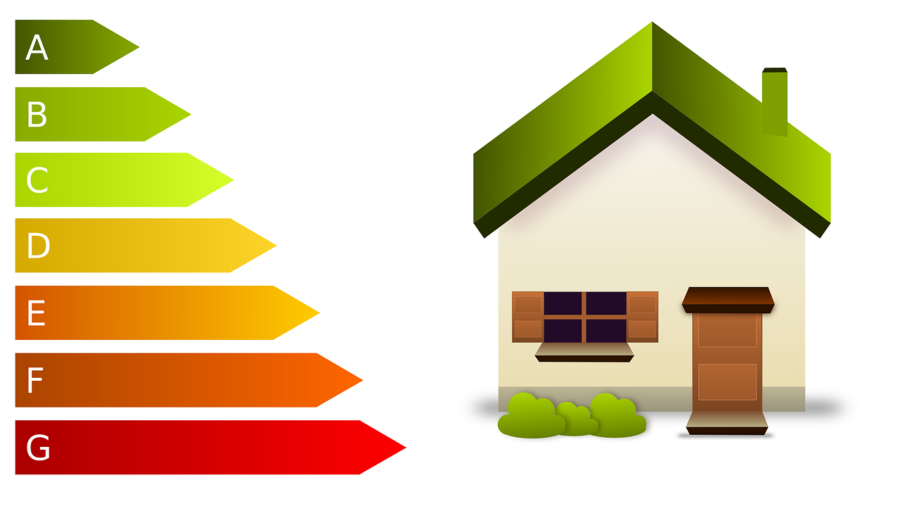WHAT AN ENERGY CERTIFICATE IS AND WHAT IT IS FOR
The energy efficiency certificate is a requirement to sell or rent properties
The aim of the energy certificate is that owners or tenants can be aware of the energy efficiency of their property.
We are going to explain in a simple way what the energy certificate is and what it is for.
MANDATORY
The energy efficiency certificate is mandatory in the following cases:
◊ Sale and rental of properties.
◊ Construction of new properties.
◊ Construction of public buildings with more than 250m2.
EXCEPTIONS
Not all properties are obligated, there are some exceptions, such as buildings:
- With a surface area of less than 50m2 in total.
- Cult or religious.
- Those which have to stay open.
- Provisional and less than two years since it is built.
- Protected or officially recognized monuments.
- Those with use of less than four months per year or with an expected energy consumption of less than 25% of what it would be throughout the year. It must be stated through a responsible declaration from the owner of the property.
The rest of the properties will need the energy certificate when renting or selling.
WHAT THE ENERGY CERTIFICATE IS
It is a document It is a document indicating the energy consumed by a property under normal conditions, thus proving its level of efficiency in energy consumption.
The certificate must include the identification of the property or building, with its cadastral reference, what level of efficiency it has, the procedure used for measurement, recommendations to improve efficiency and the checks carried out by the technician when rating the efficiency.
ENERGY EFFICIENCY LEVELS
The energy efficiency grades range from Amaximum efficiency level, to G, minimum efficiency level.
Nowadays most buildings have level E.
OBTAINING THE CERTIFICATE
The certification must be carried out by an authorized certification technician..
The technician, when visiting the property, will take measurements of the rooms, review the enclosures, such as windows and doors, and the materials used in the façade. He will also review existing HVAC installations.
Once all the data has been taken, using a specific computer program, it will determine the energy rating.
Once this is done, the certificate must be registered with the competent authority of the community where the property is located.
After completing the previous steps, the registry will issue the official energy label.
CERTIFICATE VALIDITY
The energy certificate is valid for 10 years, except for those whose level is G, which in that case will be for five years.
There is the possibility of renewing the certificate in cases where, after a reform, the qualification has improved and you want to upgrade to a new status even without having expired.
SANCTIONS
In the event that an owner does not deliver the certificate, it would have been incured in an infraction, as indicated in Royal Legislative Decree 7/2015, dated October 30.
The possible fines that offenders may face will be, depending on the severity, between €300 and €600 for minor cases, from €601 to €1000 in serious cases and for very serious cases it may range from €1001 to €6000.





